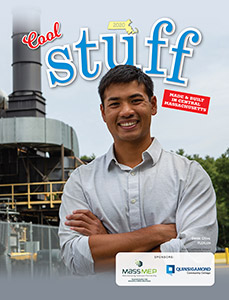
Although they comprise still a disproportionately small part of the workforce, Connecticut women have carved out careers in the industry
The U.S. Bureau of Labor Statistics says although women make up almost 47% of the workforce, they have been and remain substantially underrepresented in professions such as manufacturing, where women only account for 30% of workers in the industry as of 2017.
According to the Census Bureau, it’s a percentage that hasn’t changed much since the 1970s, peaking at 33.2% in 1990.
These jobs now rely on advanced technology, and workers with STEM skills.
For women who do enter the field of manufacturing, potential benefits – literally and figuratively – are promising. The 2018 IndustryWeek Salary Survey shows an average manufacturing salary in New England, with 8.5% respondents weighing in, is $122,000 while 69% of overall respondents said they are satisfied with their job in the field.
Here are three women in Connecticut who came to the field in different ways and found reward in manufacturing work and the opportunity it offers.
From making pizza to earning a master’s degree
It may have taken Katie Barry a little while to figure out her path – a path ultimately leading her to progressive metal-stamping company Marion Manufacturing in Cheshire. But she’s found her calling in manufacturing, and it has helped guide her course in graduate education, as well.
Barry had been working at a pizza place, she said, when a roommate told her an operator position was available at Marion. She wasn’t seeing much room for growth in the restaurant industry and had been keeping an eye out for something else.
That something else was manufacturing; she found the capacity to move up that she had been seeking.
“I worked very hard and did very well,” as an operator, said Barry, “then I was given the opportunity to move into a quality-inspector role. Then came an opportunity for someone to supervise shipping and receiving.”
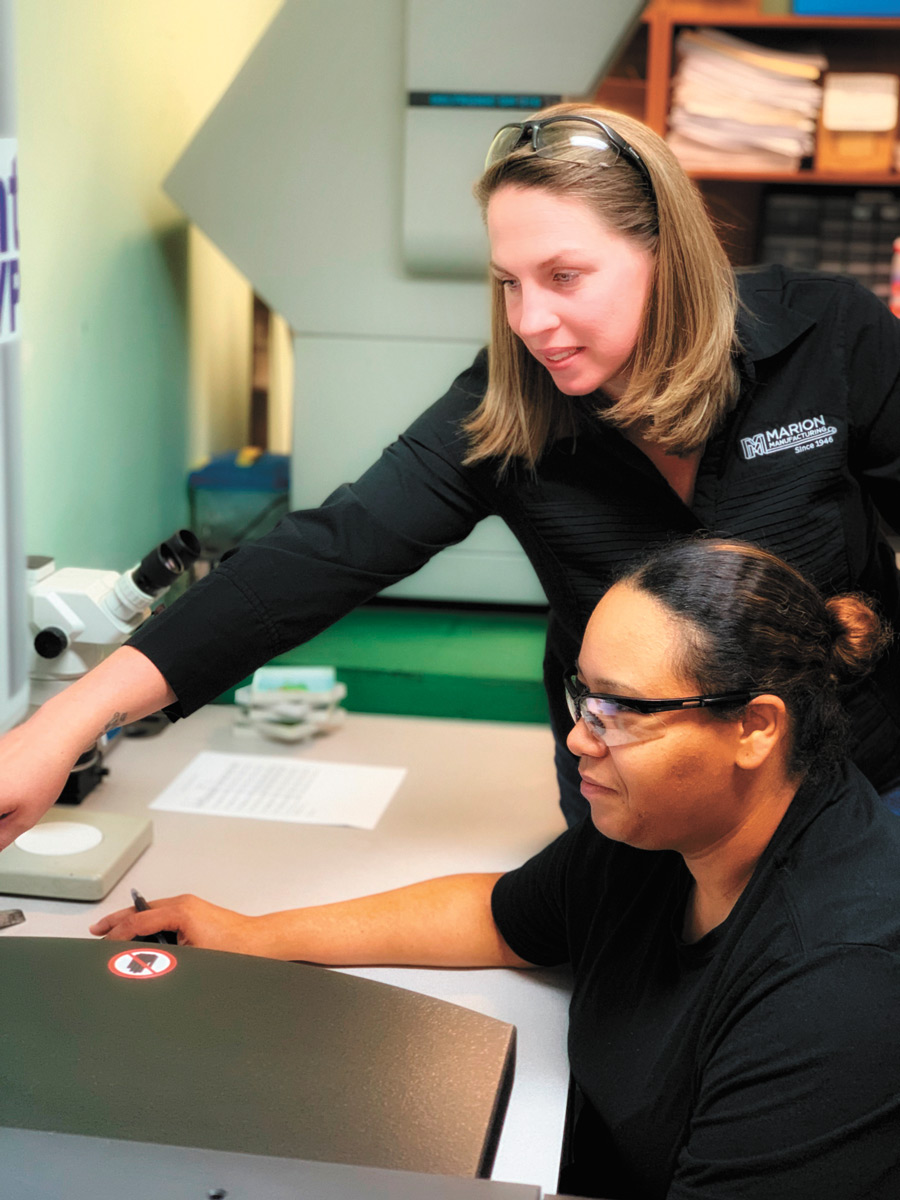
Katie Berry is one of eight women at Cheshire-based Marion Manufacturing. Photo by RJ Larussa
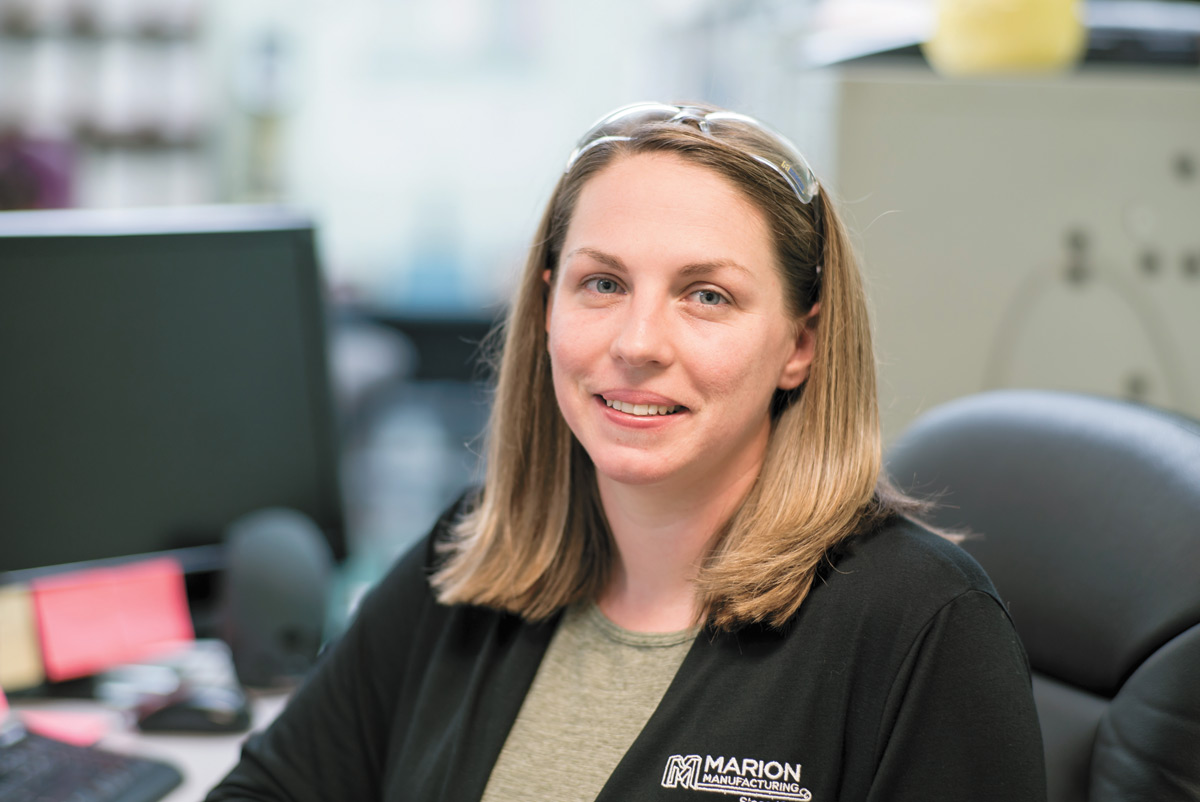
With 24 employees, three in her department, cross-training is part of the company’s culture. Having been there for five years now, she is one of eight women at Marion. The company prioritizes making opportunities available internally when at all possible, she said.
Having earned associate’s and bachelor’s degrees – both in general studies – she’s working on her master’s degree in technical management from Southern Connecticut State University. The work Barry has done at Marion has helped not only clarify her educational goals but broaden her skill set.
Katie Barry
Title: Quality manager
Company: Marion Manufacturing, Cheshire
Age: 31
Lives: Plantsville
Makes her smarter than most horror movie characters: She is terrified of walking into a basement by herself.
“Every day is different. You really have to be adaptable,” she said. “You have to be conscientious about your surroundings for safety and product-quality reasons. It’s also a lot of basically showing up, doing your job and using a lot of common sense,” boosted by mutual accountability within the team, she said.
As for the stigma that manufacturing means working in dirty factories or is just for men, that couldn’t be further from the truth these days, Barry said. She urges women to be open minded, educate themselves and go see local manufacturing facilities and opportunities they may offer, including training.
“Women have a different skill set,” she said. “It’s all about advocating for yourself.”
Leading a team of 21
Amy LaBarre of Southington always thought she’d be a doctor. She graduated from Western Connecticut State University with a degree in chemistry with a concentration in biochemistry.
“I thought I would discover a medication and get a Nobel Prize,” LaBarre said.
But she said at the same time, she was always interested in manufacturing and how things were made. Her father worked in manufacturing at East Hartford aerospace manufacturer Pratt & Whitney for over 30 years, LaBarre said. As a college student, she remembers taking things apart such as vacuum cleaners.
“I’d try and repair it so I didn’t have to throw it out,” she said.
What she does now still involves the medical field and is still rewarding; she’s just not contributing in quite the way she thought she originally might.
Right after graduation, she started working for a medical-device manufacturer who came to recruit at her college. While working, she did night school for a dual degree: a master’s in business management and an MBA, at Albertus Magnus College in New Haven, all while raising her son, who was a toddler at the time.
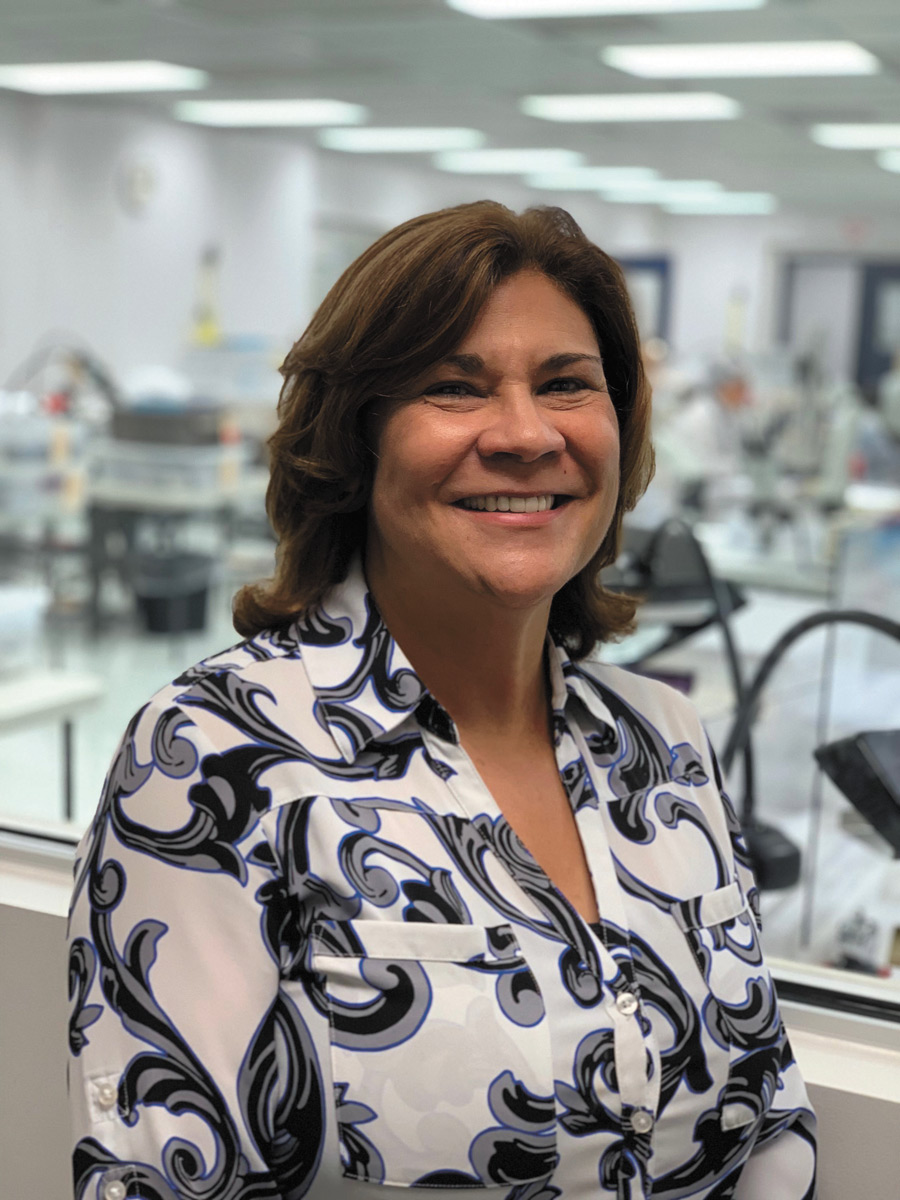
Amy LaBarre
Title: Director of quality
Company: RK Manufacturing Corp., Danbury
Age: 55
Lives: Southington
Full house: She has two turtles named Laverne and Shirley, two rescue cats, a dog and a human son
LaBarre elevated to management and earned promotions, as supervisor of quality, then manager of manufacturing.
“I was responsible for two shift operations with over 400 reporting to me. It was a lot of delegating,” she said.
“I didn’t have a lot of role models or mentors to help me navigate the waters,” said LaBarre. “I was shy and quiet but had to outgrow that.”
Manufacturing led to a Pennsylvania relocation for a time, where she took a senior process engineering position for a company that made baby diapers and feminine products.
“When you go from a company that makes surgical instruments to a company that makes baby diapers, it shows how wide and diversified the manufacturing industry is,” she said.
After two years it was back to Connecticut with the same company for a director of quality position, which she stayed in for more than 20 years, before the company was bought out. Then she came to RK Manufacturing, which has 130 employees in all, 21 on her staff. About 65 women work in the company’s cleanroom; RK Manufacturing has other women like her in leadership roles, as well.
LaBarre’s day-to-day responsibilities vary. Overall, she ensures the company is following federal regulations, leads her team, makes morning rounds to answer questions or see if there is anything she can help with, and leads meetings. Variety is robust in her daily duties, she said. Ultimately, she is responsible for making sure products meet requirements before they get shipped to customers.
The variation in her daily duties and the changing culture of manufacturing overall has LaBarre upbeat.
“The opportunities for women are pretty much endless, thanks to new training to change that [traditional] mindset,” she said. “Women are valuable and have a lot to offer. It gave me travel opportunities I probably wouldn’t have had otherwise. I also get to get my geek on and work with statistics and data analytics,” she said.
LaBarre sees more programs and efforts to diversify the field with more women and expects to see even more, with industry benefit overall.
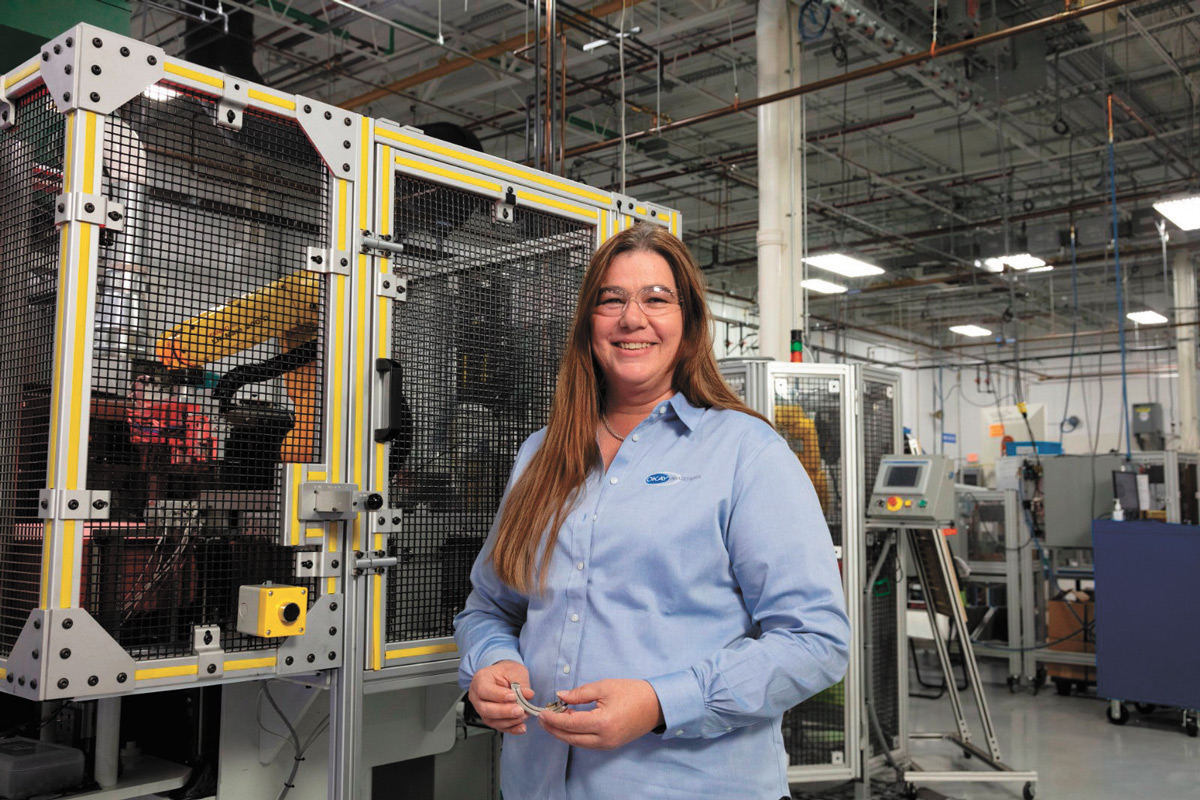
Focused under pressure
Karen Flanagan is a quality supervisor with Okay Industries, a company making components for original equipment manufacturers (OEMs) in medical and automotive markets, among others.
She came to the manufacturing field quite by accident.
Karen Flanagan
Title: Quality supervisor
Company: Okay Industries, New Britain & Berlin
Lives: Southington
Three generations: She has three children and two grandchildren.
During the annual seasonal shutdown in her work in the food-service field, Okay Industries was doing some temporary hiring for data-entry-type work, and she decided to try it. Now, 13 years later, she’s a full-time Okay Industries employee who has worked her way up.
Flanagan began as an entry-level inspector, moving up over the years into her current supervisory role. As it turns out, elements of the industry fit with her personality and skill set.
“I am a multitasker who enjoys learning,” Flanagan said.
Multitasking, as well the abilities to focus under pressure and deliver people skills were strengths she developed in the food-service industry; she found they aided in her success in manufacturing.
Flanagan would love to see more women in the field. She finds inspiration in the abilities of people around her at work.
“It’s amazing to see how things come together,” she said.
Okay Industries’ Marketing Manager Angela Dillon has seen firsthand how Flanagan has risen through the ranks.
“Manufacturing lends itself to opportunity to grow and chart your own path,” Dillon said. “That’s what Karen’s shown.” ◾
